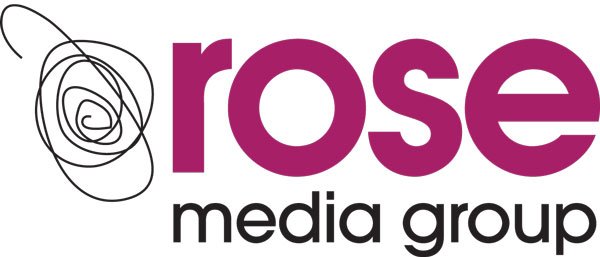We seem to be seeing the influence of Artificial Intelligence (AI) all around us these days, from digital assistants on websites and social media recommendations to targeted advertising and driverless cars. This is a trend that, it’s safe to assume, will only become more prevalent in the coming years, but does AI have its limits? In terms of the internet, content is undoubtedly king, but should that content always be generated by a human being? Here are five areas of debate in the ongoing battle between the copywriter and the AI provider.
Emotional intelligence and nuance
One of the most significant advantages of using a human content creator, especially for business content, is that artificial intelligence is often far removed from emotional intelligence. AI is highly adept at creating an article about almost anything, but it won’t be nuanced for your particular needs, it won’t be spoken in a voice that’s consistent with your existing content and it will rarely resonate on a personal level with the reader. It’s important to remember that spraying a thousand words on a page isn’t the same as creating an article that’s truly worth reading.
Interesting? Creative? Original?
These are three watchwords that have become part of the copywriter’s mantra over the years. It’s estimated that more than seven million blog posts are added to the internet every single day, so every content creator needs to know they are writing something that can’t have been copied from elsewhere. Copywriters bring unique perspectives, definitive experiences and imaginative thinking to their pieces, and can offer something that AI struggles with: creative spark. AI will always provide original workings, but as it relies on pre-existing data and algorithms, it’s unlikely to be genuinely novel.
Understanding cultural sensitivity
This is a tricky issue even for the very best AI systems. Without actually meaning to, AI-generated content can provide harmful inaccuracies. It can contribute to long-standing prejudices, for example, and reinforce old-fashioned opinions on everything from race and gender to disability and inclusion. If your company uses AI on a regular basis, can you be absolutely sure it won’t be seen as offensive at some point? Human content created by skilled, experienced copywriters will be more aligned with your brand values and with your audience’s expectations.
The only way is ethics
Within the business world, ethical considerations play a major role in content creation. Unlike their AI namesakes, human writers can exercise moral judgment and make decisions that are based on many factors, including ethics. Audiences have become increasingly savvy in the modern era, and will often be able to detect content that lacks a human touch. If your company’s content is aimed at an audience that includes both current and potential customers, can you afford to be seen to use formulaic articles clearly written by little more than a word generator?
You can’t build a relationship with a robot
Finally, and perhaps most significantly, there’s the question of relationships. Many client-copywriter relationships have been in existence for a number of years. The writer not only understands the voice that’s needed but also the customer base that’s doing the reading. The chances are that he or she has been providing personalized, engaging content for a long time, and during that period has developed and nurtured a sense of connection and loyalty with the reader. AI-generated content is impressive, but it will surely never replace the human touch that we all value.










